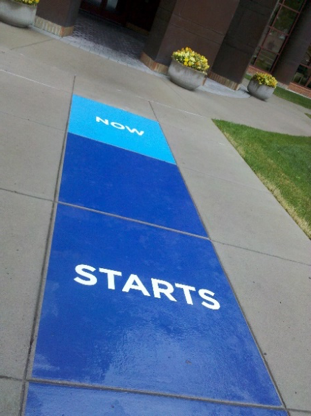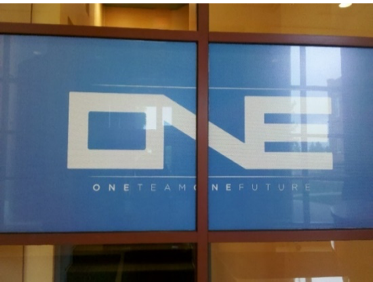NCAA: Strategic Organizational Culture Initiative, “One Team, One Future”
THE CLIENT
The National Collegiate Athletic Association (NCAA) is a non-profit association which regulates intercollegiate athletics programs at colleges and universities across the United States. They have over 3,000 members and approximately 200 committees that monitor and coordinate university athletics events and ensure a successful student-athlete experience. The NCAA supports student-athletes’ success on the field, in the classroom, and in life by integrating athletics into higher education.
THE CHALLENGE / OPPORTUNITY
As a part of their strategic planning, the NCAA embarked on a critical organizational initiative to identify the current national office culture and to then develop a plan that would result in a more effective staff. We first worked with the NCAA and a new task force to define the current culture and pinpoint opportunities to be more effective. We facilitated a one-day kick-off meeting with the task force, conducted interviews, and reviewed the results of an internal culture survey. This led the task force to discover that more focus was needed on communication, collaboration, and accountability. Those three areas were impacting the staff’s engagement and productivity across the organization.
THE SOLUTION
Once we helped the task force to prioritize major themes, establish a clear definition of success and strategic direction, and determine a prioritized list of critical areas to address, we conducted several other follow-up activities to achieve their desired outcomes. We facilitated team building exercises with the task force and introduced a formal action plan model that the group used to make progress on specific goals. We then worked with the NCAA to develop a Master Plan for the national office, including a vision, purpose, long-term objectives, and specific goals.
Springboard then developed several programs that enabled a change in how the NCAA employees were practicing the three areas of focus (communication, collaboration, and accountability), including:
- Identifying five core competencies (“NCAA Beliefs”) that all employees should demonstrate, and then defining key behaviors for each. The new competencies and behavior statements were incorporated into the performance evaluation process for all employees.
- An organizational culture initiative was launched, called “One Team, One Future,” including an annual employee-nominated prestigious award for exemplifying the new competencies.
- A team assessment was used to evaluate departmental work teams, drive team discussions, and then impact the team dynamics as a result.
- We developed a new employee training program, and integrated peer mentoring and peer evaluations into the flow of the training.
THE RESULTS
- Consistent evaluation criteria and performance expectations against same core competencies
- Increased importance for communication, collaboration, and accountability as a result of the annual award
- Demonstrated commitment to the ongoing development of employees
- Greater clarity to employees and supervisors
- Consistent goal setting and measurement process
- Onboarding training programs created common language across employees
- Communications plan enabled “quick hit” communications across the national office




